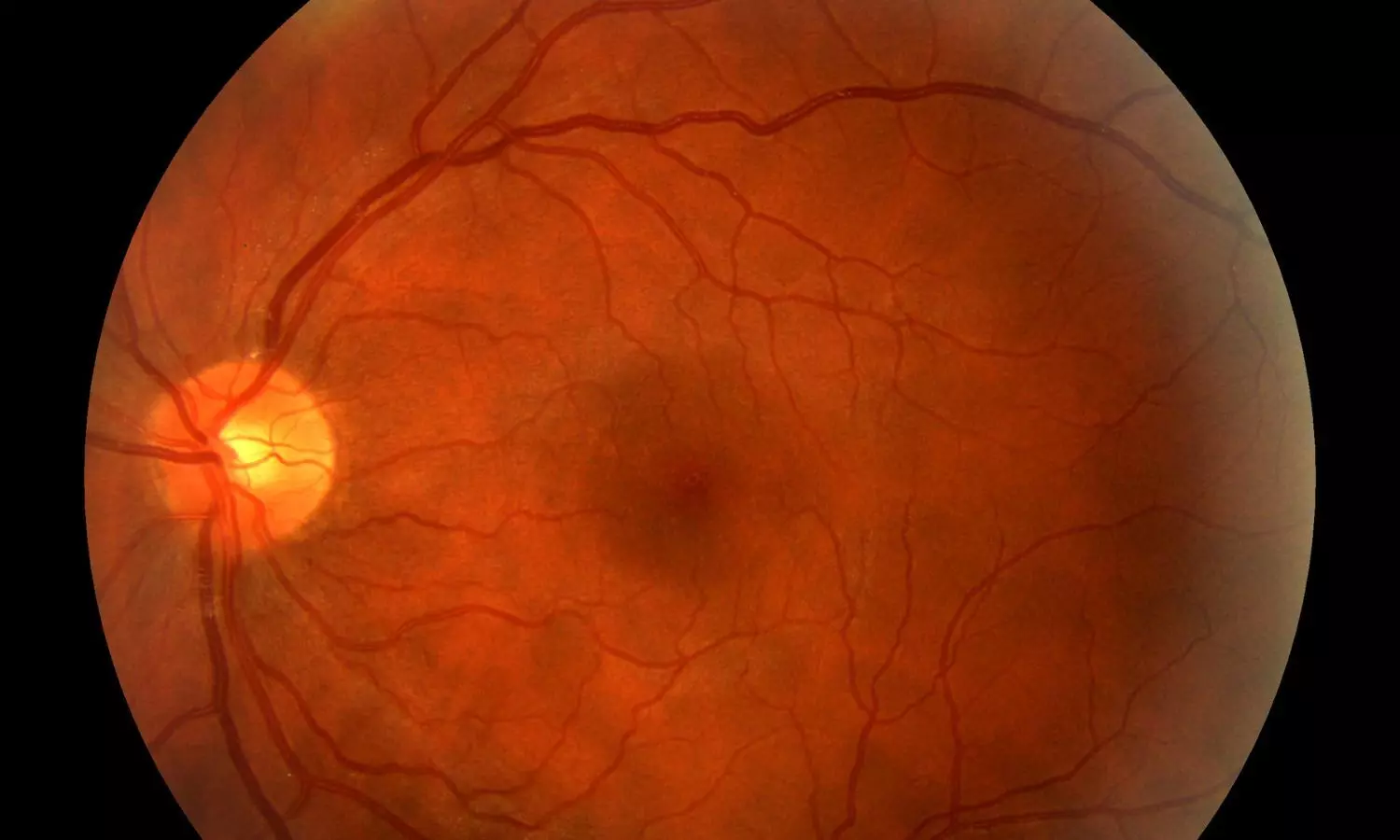Strict Glucose Control Without Hypoglycemia Prevents Retinopathy: JAMA
- byDoctor News Daily Team
- 01 November, 2025
- 0 Comments
- 0 Mins

A new study published inJAMA Ophthalmologyhas found that keeping blood glucose tightly controlled without inducing hypoglycemia can prevent the onset of diabetic retinopathy in people with type 2 diabetes substantially. The results emerge from a secondary analysis of the Japan Diabetes Optimal Integrated Treatment Study for 3 Major Risk Factors of Cardiovascular Diseases (J-DOIT3), a large, long-duration randomized clinical trial. The research stresses that both elevated blood glucose levels and frequent hypoglycemia contribute to retinopathy risk independently, even in patients with good glycemic control. The study was conducted by Takayoshi S. and colleagues. The J-DOIT3 trial was a multicenter, open-label, randomized clinical trial performed in 81 Japanese sites from June 2006 through March 2009, with follow-up to August 2025. There were 2540 participants (5080 eyes) aged 45 to 69 years with type 2 diabetes and comorbid hypertension and/or dyslipidemia. Participants were assigned at random to receive intensive multifactorial therapy, targeting glucose, blood pressure, and lipid levels, or conventional therapy. The median follow-up was 8.5 years. The secondary analysis in the current report systematically compared diabetic retinopathy outcomes, specifically onset, progression, and vision loss due to retinopathy. • Participants' mean (SD) age was 59.0 (6.3) years, and 965 participants (38.0%) were women. • Intensive therapy significantly lowered the risk of new-onset retinopathy compared with conventional therapy (hazard ratio [HR], 0.83; 95% CI, 0.70–0.98; P = 0.03). • It did not independently impact retinopathy progression (HR, 1.02; 95% CI, 0.70–1.49; P = 0.93). • Hemoglobin A1c (HbA1c) levels at one year after randomization were significantly associated with the development of retinopathy (HR, 1.31; 95% CI, 1.13–1.51; P < 0.001), even after controlling for baseline risk factors of body mass index, duration of diabetes, fasting glucose, blood pressure, and nephropathy. •No defined HbA1c threshold was found to recommend any level of glucose exposure as causing retinal damage. This Japanese clinical trial of large scale proved intensive multifactorial treatment to reduce the risk of diabetic retinopathy in patients with type 2 diabetes, only if hypoglycemia is avoided. Increased HbA1c and recurrent episodes of hypoglycaemia were independently associated with increased risk of retinopathy, again proving that perfect glucose control without hypoglycaemia is the cornerstone of maintaining vision and long-term quality of life while treating diabetes. Sasako T, Ueki K, Miyoshi K, et al. Effect of a Multifactorial Intervention on Retinopathy in People With Type 2 Diabetes: A Secondary Analysis of the J-DOIT3 Randomized Clinical Trial. JAMA Ophthalmol. Published online October 23, 2025. doi:10.1001/jamaophthalmol.2025.3819
Disclaimer: This website is designed for healthcare professionals and serves solely for informational purposes.
The content provided should not be interpreted as medical advice, diagnosis, treatment recommendations, prescriptions, or endorsements of specific medical practices. It is not a replacement for professional medical consultation or the expertise of a licensed healthcare provider.
Given the ever-evolving nature of medical science, we strive to keep our information accurate and up to date. However, we do not guarantee the completeness or accuracy of the content.
If you come across any inconsistencies, please reach out to us at
admin@doctornewsdaily.com.
We do not support or endorse medical opinions, treatments, or recommendations that contradict the advice of qualified healthcare professionals.
By using this website, you agree to our
Terms of Use,
Privacy Policy, and
Advertisement Policy.
For further details, please review our
Full Disclaimer.
Recent News
AIIMS INI SS January 2026: 4 seats added in 2 spec...
- 01 November, 2025
Treatment in Myocardial Infarction and Non-Obstruc...
- 01 November, 2025
PG medical admissions 2025 commence in Bihar, chec...
- 01 November, 2025
Daily Newsletter
Get all the top stories from Blogs to keep track.


0 Comments
Post a comment
No comments yet. Be the first to comment!